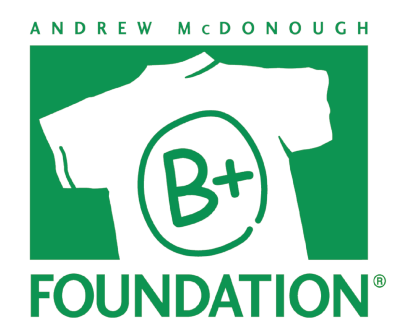Overcoming Resistance of CAR T Cells Immunotherapy with CBP/ß-catenin Antagonists in Pediatric Glioma and Ependymoma
Beckman Research Institute of the City of Hope, Duarte, CA
Brain tumors are the second most common cancer in children, accounting for 20% of all pediatric cancers. Our research aims to improve treatment for two types of deadly brain tumors: ependymoma and glioma. While some young patients can be successfully treated using radiation and surgery, far too many children fail to respond to therapy or relapse. The emerging field of immunotherapy has shown great promise in treating various cancers, and one type in particular uses cells from the patient’s own immune system to fight cancer. The method entails isolating a patient’s immune cells (T cells) and genetically engineering them to recognize and kill brain tumor cells using a chimeric antigen receptor (CAR). By infusing these CAR T cells back into the patient, the engineered cells seek out and eliminate malignant cells. Two previous first-in-human clinical trials by our team at City of Hope demonstrated the safety and feasibility of this approach and suggested that it could be effective against brain tumors, provided barriers presented by the tumor can be overcome. One common therapeutic barrier is that the tumors typically present an environment that suppresses the immune response. We postulate that resistance to chimeric antigen receptor T (CAR T) cell therapy involves activation of the Wnt/ß-catenin signaling pathway. We hypothesize that the Wnt/CBP/ß-catenin pathway selective inhibitor ICG-001 can safely overcome tumor resistance and synergize with CAR T cell treatment via two mec.

